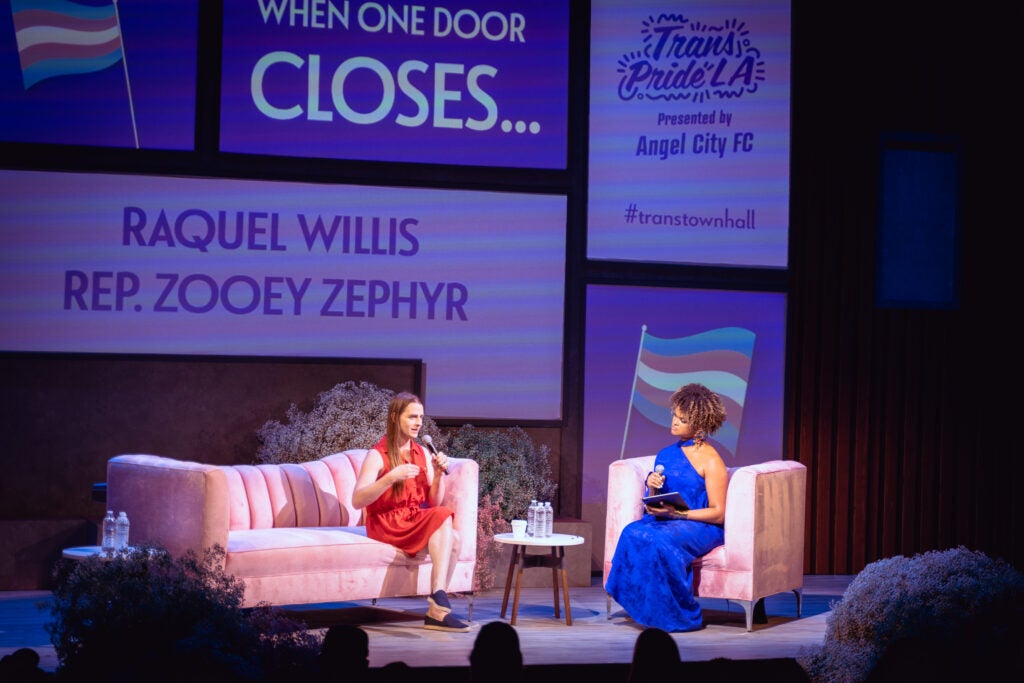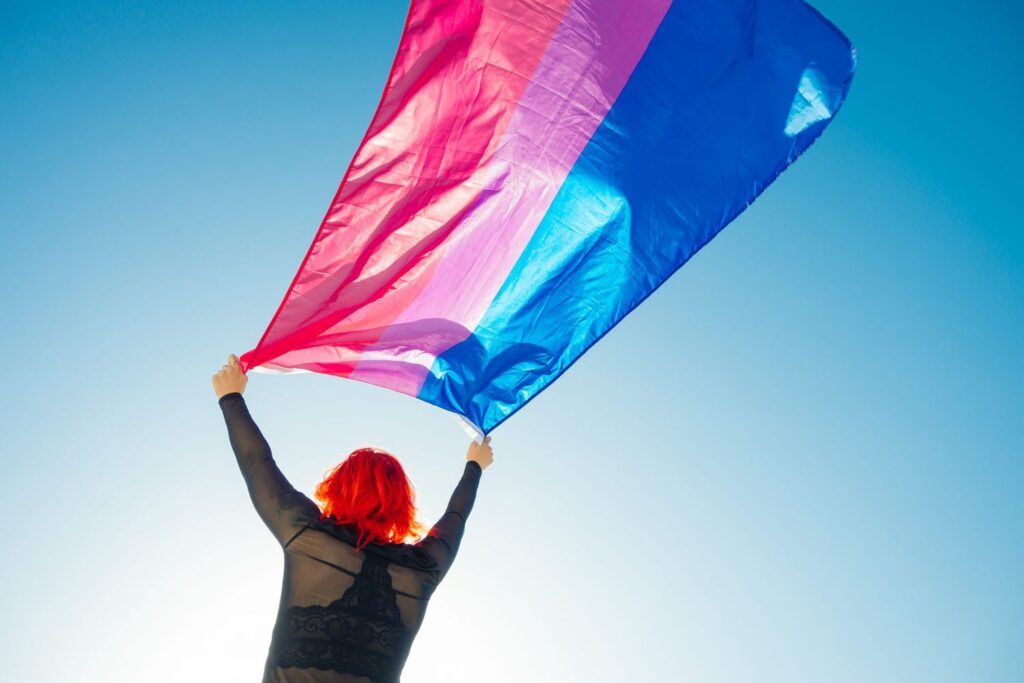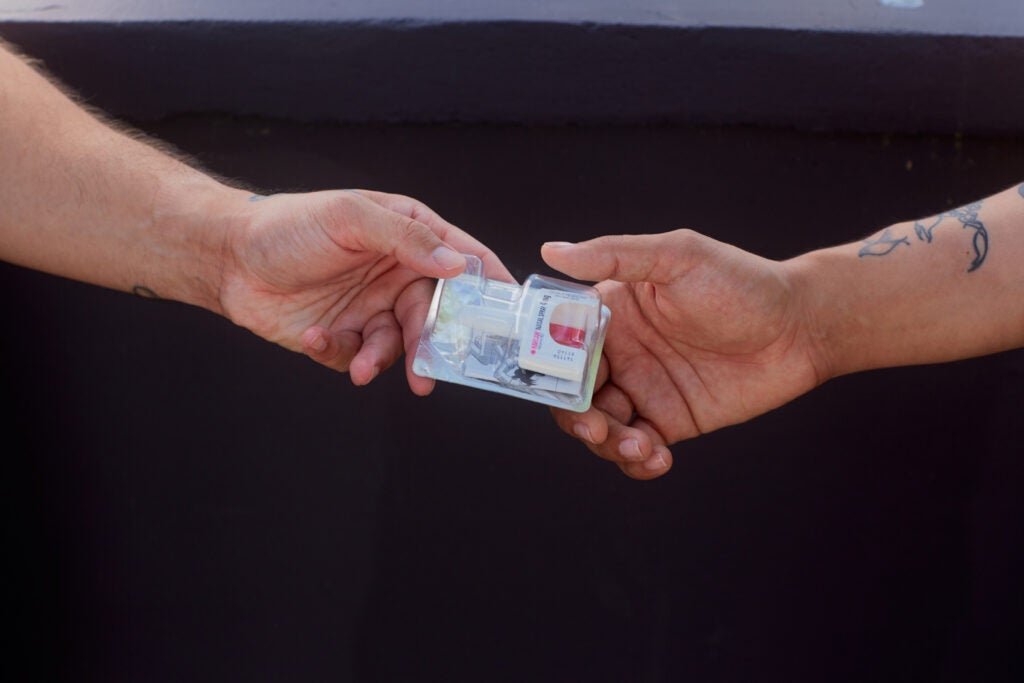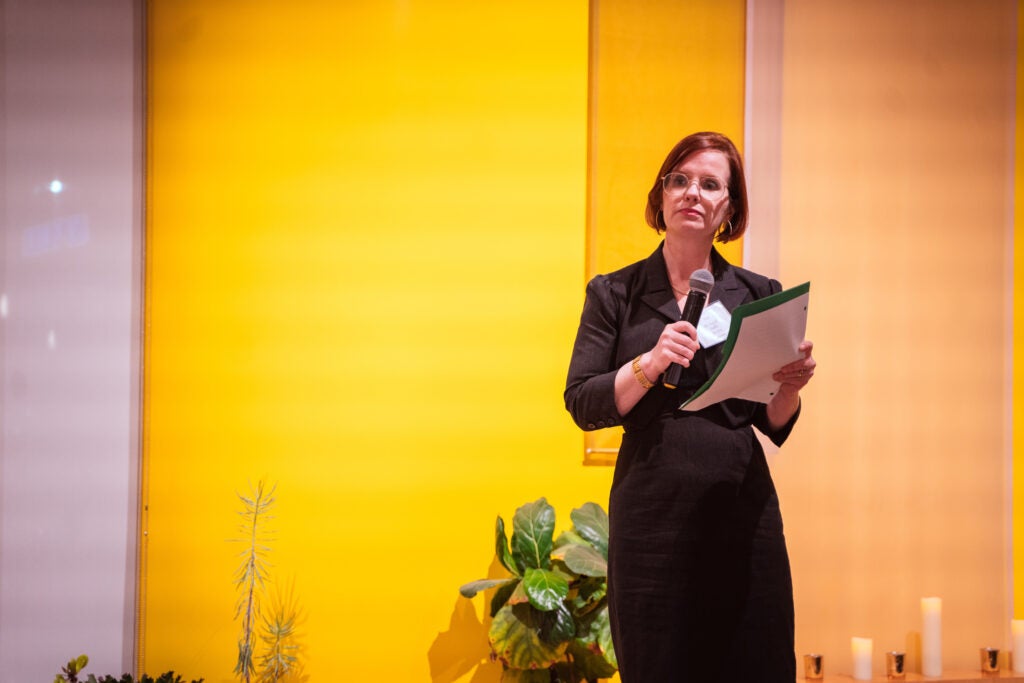On September 23rd, we celebrate the international holiday of Bi Visibility Day. Bi Visibility Day was created to recognize and celebrate the bi+ community. It originated in 1999 at the International Lesbian and Gay Association Conference in Johannesburg, South Africa after three bi+ activists, Wendy Curry, Michael Page, and Gigi Raven Wilbur saw the need to provide a specific day to celebrate and center the bi community. In 2014, Bisexual Awareness Week was formally co-founded by GLAAD and BiNet USA and has since been celebrated annually from Sept 16 through Sept 23.
Bi Visibility Day and Awareness Week are a way to truly acknowledge and support the B in LGBTQ+. Bisexual advocate Robyn Ochs defined the identity as, “The potential to be attracted — romantically and/or sexually — to people of more than one sex and/or gender, not necessarily at the same time, not necessarily in the same way, and not necessarily to the same degree.” Bisexuals are attracted to genders like their own and others as well — even those not limited to the gender binary, like the prefix bi suggests. According to various research studies, it’s been shown that more than half of LGBTQ+ Americans identify as bisexual. Yet, bisexuals are less likely to be out than their gay or lesbian peers and face significant challenges unique to their identity, like biphobia and bi-erasure.
Biphobia is the intolerance, prejudice, discrimination, and at times, hatred of bisexual individuals based on biases or stereotypes, and can manifest as verbal comments or physical harm. Common stereotypes of bisexuals include being seen as greedy or overly promiscuous. The “sex” in bisexuality gets over-emphasized, and our culture projects its fascination with and condemnation of sex and pleasure onto bisexuals. In society, bisexuality became equated with non monogamy, threesomes, and myths of cheating.
These stereotypes reinforce biphobia, which dehumanizes the nuance of bisexuality and instead looks at it shallowly or with loaded assumptions. Research shows that biphobia has real effects, with bisexual individuals showing higher levels of depressive and anxiety symptoms than lesbians and gay men. This is because bisexuals also face a lack of acceptance from both the heterosexual community and LGBTQ+ community through stereotypes, general distrust, and even bi-erasure.
Bi-erasure is a form of biphobia that seeks to ignore, remove, or re-explain situations that are bisexual as not. This can look like an individual being told that they’re gay now because they’re dating someone of their same gender, even though they’ve had other gendered partners in the past. Bi-erasure is harmful and, in its most extreme form, can be a complete denial of bisexuality existing.
Many bisexuals feel additional pressure when labeling their sexuality because they don’t know if they are “Bi enough”, but there are no qualifications needed to be bisexual. Bisexuality is about attraction so regardless of actual romantic or sexual history, if someone identifies as bisexual, then that neds to be respected. Additionally, it’s a common misconception that bisexuals attempt to hide their identities under the guise of heterosexuality aka by being “straight-passing”. But this decision of being out is made based on safety and comfort level with others. All members of the LGBTQ+ community should feel seen, supported, and respected within the community to help us achieve true equality.
A strong tool for fighting bi-erasure is by simply saying “bisexual.” Do not be afraid to include bisexuality in conversations of inclusion or the LGBTQ+ community, and even in day-to-day life situations. By naming and respecting bisexuality, you can help reduce stigma and support the community. If someone is bisexual and is openly out, then support their identity by acknowledging it.
Here are some other ways you can be a bi+ ally:
- Don’t Make Bi+ People Prove Anything
- Do not ask Bi+ people invasive questions about their experiences and who they’ve slept with. No one ever has to prove who they are.
- Let Bi+ People Be Dynamic
- No one is solely defined by their sexual orientation, so see the Bi+ people in your life and in media as their full selves.
- Give Bi+ People the Mic
- Listen to the thoughts, feelings, and opinions of the Bi+ community to learn how something affects them.
- Support Bi+ Representation On Screen
- Support media that gives authentic representation to the Bi+ community made by Bi+ creators that doesn’t reinforce stereotypes
Bi Awareness Week and Visibility Day allow bisexual individuals to reclaim their own narratives and express their unique history while educating folks who are not bisexual. It’s a crucial time to recognize the issues faced by bisexuals and to reduce the stigma these individuals face.
Read More
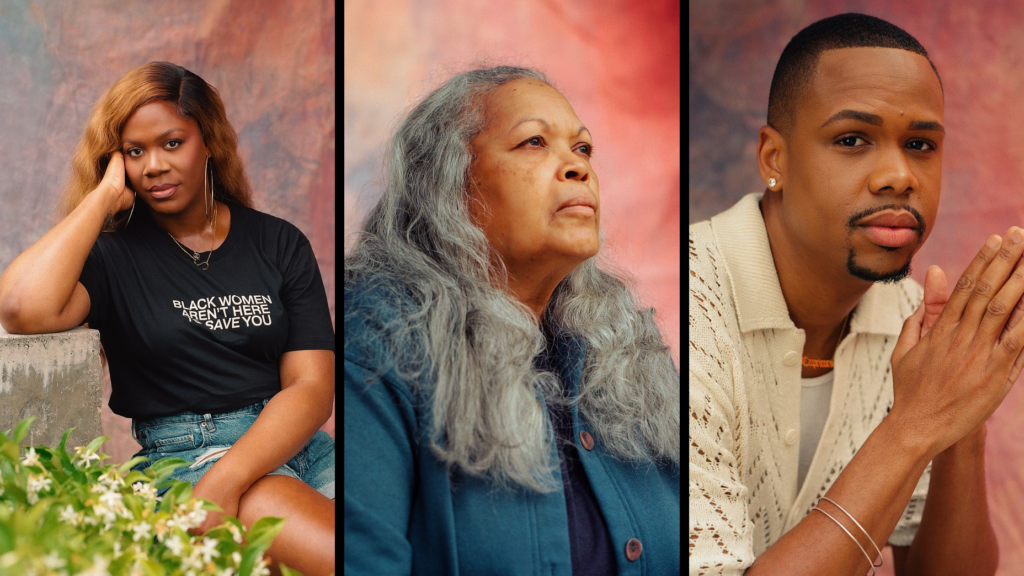
“My Crown Is Paid For”: 12 Center Portraits of Juneteenth
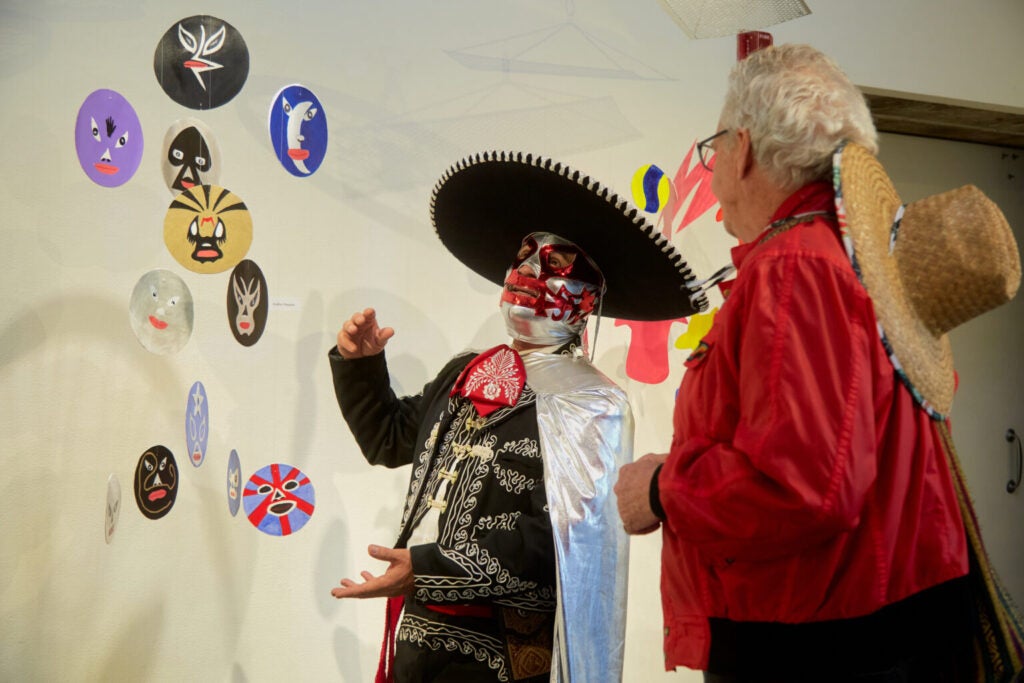
‘Introspections’: The Los Angeles LGBT Center Celebrates Senior Artists in a Special Exhibition
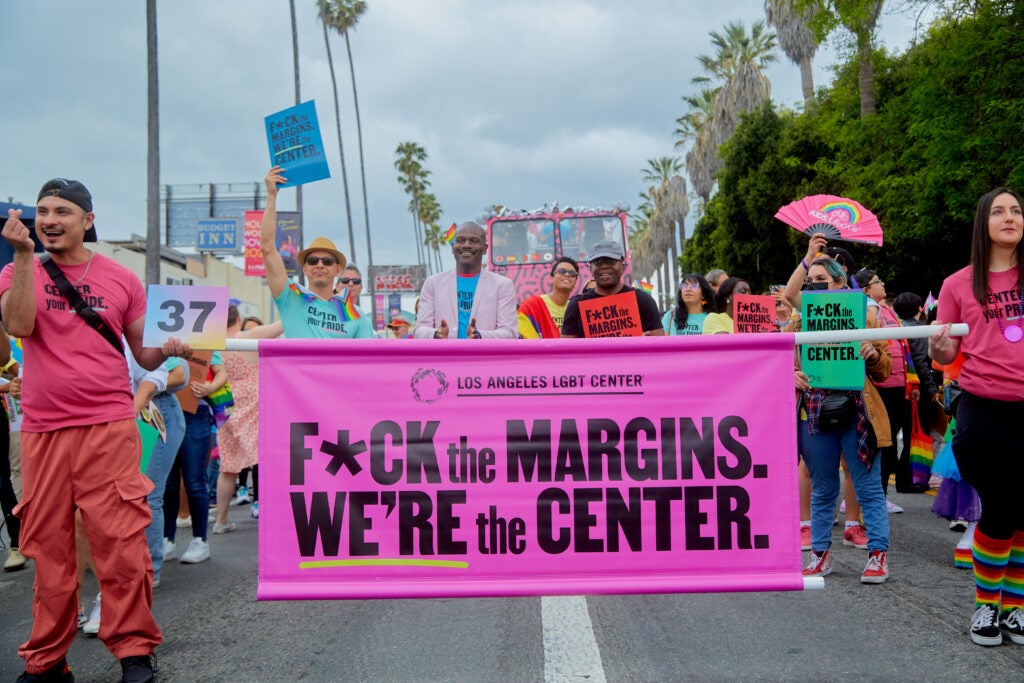
House of Avalon, Sisters of Perpetual Indulgence Join Center Staff and Supporters for LA Pride: “F*ck the Margins. We’re the Center.”
